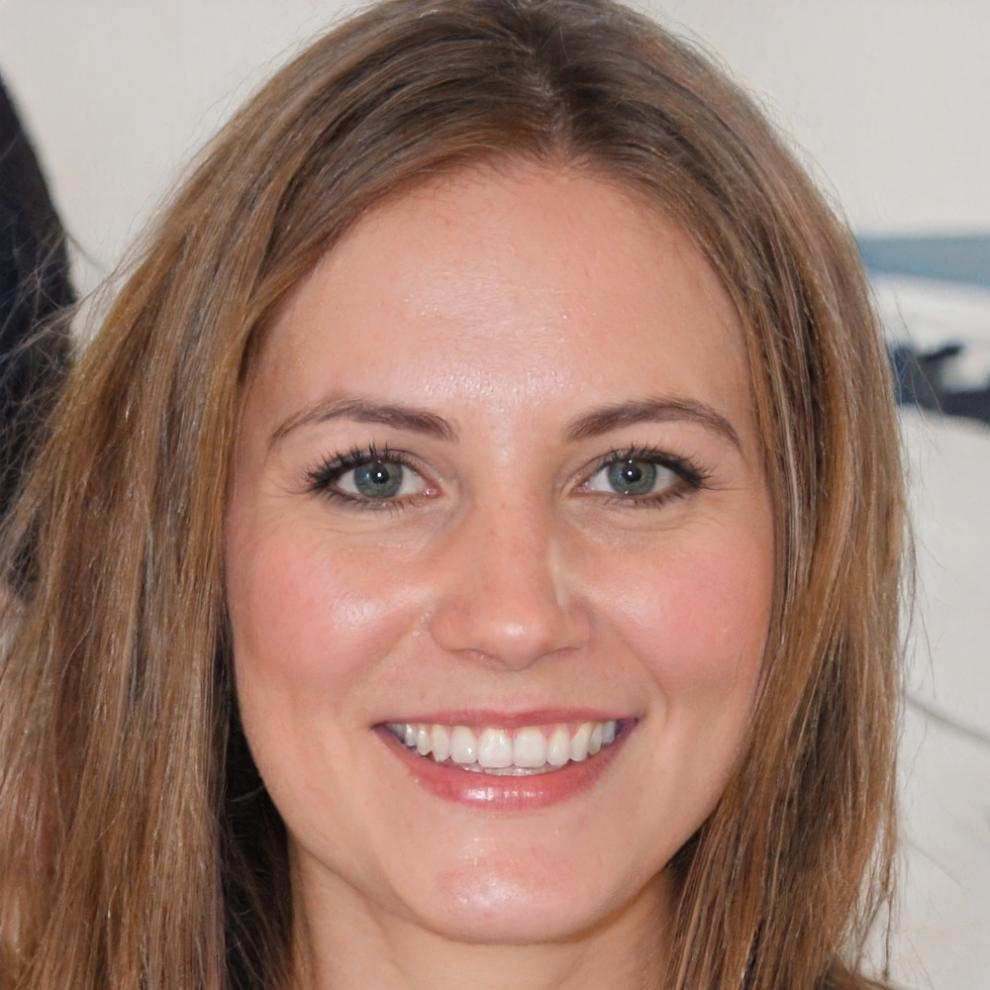Numbers tell stories. We teach you to read them.
Financial analysis isn't about spreadsheets alone. It's about understanding what drives business decisions, where risk actually lives, and how to present insights that people trust enough to act on.
Explore Our ProgramThree Questions That Shape Your Approach
Most financial training throws formulas at you. We start differently. Before models and metrics, you need context about what you're actually solving for.
What Decision Needs Making?
Every analysis exists to support a choice. Growth investment? Cost reduction? Market entry? The question shapes everything that follows, including which numbers matter and which ones distract.
Who Needs to Understand?
Board members see differently than operations teams. A CFO wants different depth than a product manager. Learning to translate the same data for different audiences is half the skill.
Where's Your Uncertainty?
Perfect data doesn't exist. Markets shift. Assumptions prove wrong. Teaching you to identify and communicate what you don't know builds more trust than pretending everything's precise.

Analysis That Actually Gets Used
We've seen beautifully detailed models that nobody trusted. And we've seen rough back-of-envelope calculations that drove million-dollar decisions.
The difference wasn't precision. It was relevance and timing. You learn to build analysis that fits the decision timeline, matches the available data quality, and speaks to what keeps your stakeholders awake at night.
- Work with incomplete data sets and acknowledge gaps clearly
- Present scenarios rather than false certainty
- Connect financial metrics to operational reality
- Build models others can actually follow and challenge

From Numbers to Strategy
Financial analysis stops being academic when someone needs to bet their budget on your conclusion. Or when a board expects you to defend your projections in front of investors who've heard every optimistic pitch.
Our curriculum puts you in those situations. Not through lecture, but through case work based on real business scenarios where the path forward wasn't obvious.
You'll work through valuation exercises where comparable companies don't actually compare. Risk assessments where standard models miss the point. Investment cases where the numbers say yes but operational reality says maybe.
How the Program Works
Our next cohort begins September 2025. The structure balances concept work with applied practice, running twelve weeks with flexibility for working professionals.
Financial Statement Reality
Beyond GAAP definitions into what the numbers actually mean. How accounting choices shape perception. Where comparability breaks down. What auditors miss and why.
Valuation in Context
DCF models that acknowledge uncertainty. Multiple analysis when industries don't match. Transaction comparables with actual deal dynamics. When qualitative factors override quantitative.
Risk Assessment Frameworks
Identifying what could actually go wrong versus textbook risk categories. Stress testing that reflects operational constraints. Scenario building that helps rather than overwhelms decision-makers.
Presentation and Defense
Structuring recommendations for different audiences. Handling challenges to your assumptions. Building credibility through transparent methodology. Knowing when to simplify and when complexity matters.

I'd been doing financial modeling for three years but always felt like I was following recipes. This program showed me why certain approaches work in some contexts and fail in others. Now when executives question my projections, I can actually explain the reasoning rather than just defending formulas.

Ready to Strengthen Your Analysis Skills?
Our September 2025 cohort is currently accepting applications. The program runs twelve weeks with evening sessions designed for working professionals. We keep groups small to allow detailed case discussion and individual feedback on your work.